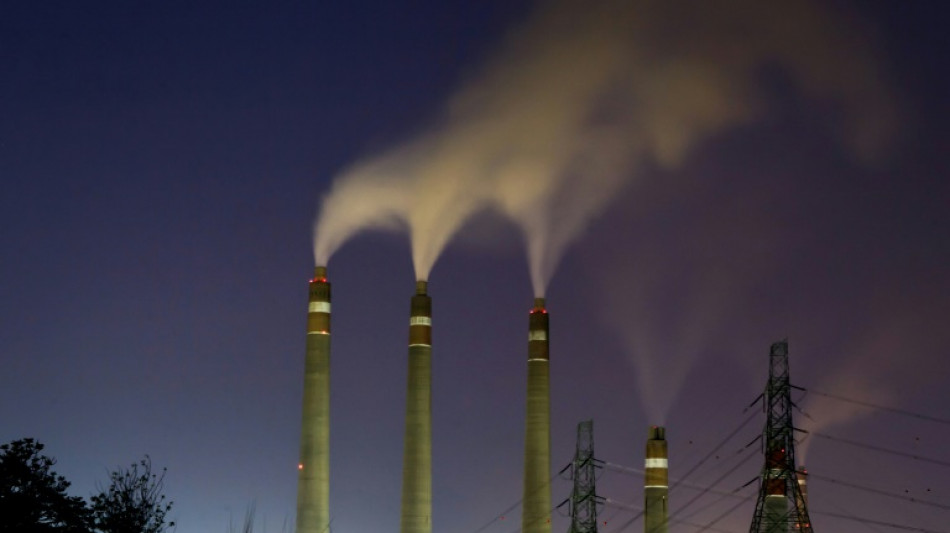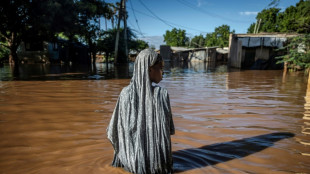

Indonesia unveils investment plan for $20 bn energy transition pact
Indonesia on Tuesday launched an investment plan to attract $20 billion pledged by Western nations in a renewable energy transition pact agreed last year for the archipelago to slash emissions and wean itself off coal.
The roadmap, which comes less than two weeks before the COP28 summit in Dubai, outlines Jakarta's vision to reach net-zero power sector emissions by 2050 using cash from the Just Energy Transition Partnership (JETP).
Under the Comprehensive Investment and Policy Plan (CIPP), the Southeast Asian nation will seek to slash its carbon dioxide emissions to 250 million metric tons for its on-grid power sector by 2030.
That is down from a previous cap of 290 million.
"The CIPP provides a strategic roadmap for the ambitious energy transition in Indonesia by considering challenges including technical, financial, and social justice," acting minister of maritime and investments, Erick Thohir said during the launch in Jakarta.
"We need to move quickly because 2030 is less than seven years away," he said.
Indonesia also plans to boost its renewable energy generation share to 44 percent by 2030, up from an initial target of 34 percent.
Jakarta has said it would need at least $97.3 billion worth of investments, nearly five times more than the funding promised by the JETP investors, to achieve its target.
The public and private financing for the JETP, released last year, follows a model first trialled in South Africa and then announced for Vietnam and Senegal, with rich countries pledging funds for the developing world's energy transition.
But Jakarta is reportedly unhappy about the deal's proposed mix of financing, worried it will be offered mostly market-rate loans that saddle it with heavy debt.
The United States, Japan, Canada, and six European nations signed the deal with Indonesia -- one of the world's top coal exporters and coal power generators -- to shift it away from its coal reliance.
Indonesia has pledged to stop building new coal-fired power plants but, despite an outcry from activists, it is continuing to build those that were already planned.
It is also trying to position itself as a key player in the electric vehicle market as the world's largest nickel producer, but some industrial parks that host energy-guzzling nickel smelters are powered by coal. Nickel is a crucial component in batteries used for EVs.
The JETP deal has failed to include the captive coal power stations in its calculations, prompting concerns from experts and environmentalists.
N.Baggi--IM




